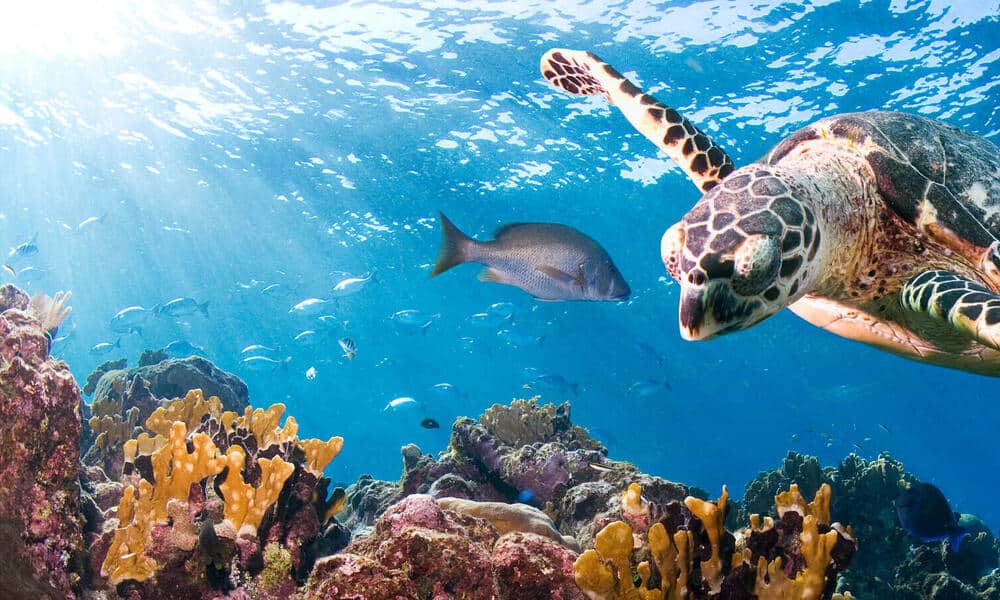Efforts to pass global ocean protection treaty fail

A fifth effort to pass a global agreement to protect the world’s oceans and marine life has failed.
Talks to pass the UN High Seas Treaty had been ongoing for two weeks in New York, but governments could not agree on the terms, BBC reports.
Despite international waters representing nearly two-thirds of the world’s oceans, only 1.2% is protected.
Environmental campaigners have called it a “missed opportunity”.
The last international agreement on ocean protection was signed 40 years ago in 1982 – the UN Convention on the Law of the Sea.
That agreement established an area called the high seas – international waters where all countries have a right to fish, ship and do research.
Marine life living outside of the 1.2% of protected areas are at risk of exploitation from the increasing threats of climate change, overfishing and shipping traffic.
Over the last two weeks 168 members of the original treaty, including the EU, came together to try and make a new agreement.
The International Union for the Conservation of Nature (IUCN) that documents the status of the world’s biodiversity spoke to BBC News during the conference.
Their Senior High Seas Advisor, Kristina Gjerde, explained why this treaty was so important: “The high seas are the vital blue heart of the planet.
“What happens on the high seas affects our coastal communities, affects our fisheries, affects our biodiversity – things we all care so much about.”
The negotiations focused on four key areas:
Establishing marine protected areas
Improving environmental impact assessments
Providing finance and capacity building to developing countries
Sharing of marine genetic resources – biological material from plants and animals in the ocean that can have benefits for society, such as pharmaceuticals, industrial processes and food
More than 70 countries – including the UK – prior to the meeting had already agreed to put 30% of the world’s oceans into protected areas.
This would put limits on how much fishing can take place, the routes of shipping lanes and exploration activities like deep sea mining.
Deep-sea mining is when minerals are taken from the sea bed that is 200m or more below the surface. These minerals include cobalt which is used for electronics, but the process could also be toxic for marine life, according to the IUCN.
As of March 2022, the International Seabed Authority, which regulates these activities, had issued 31 contracts to explore the deep sea for minerals.
But countries failed to reach agreement on key issues of fishing rights and also funding and support for developing countries.
World Wildlife Foundation’s (WWF) Senior Ocean Governance Expert Jessica Battle – who was at the negotiations – told BBC News that the Arctic was a divisive issue: “As it opens up due to climate change and we have much shorter winters, that is going to open up a whole new area of extraction.”
There are concerns that without this treaty not only will marine species not be protected but also some species will never be discovered before they become extinct.





